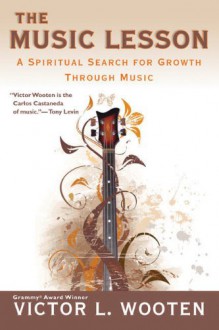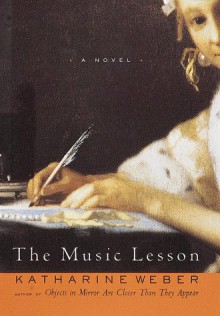Little Music Lessons for Little Kids: Le...

The first three lessons in the Little Music Lessons for Kids series was a free download on Amazon yesterday. Being an independent music teacher, I couldn't resist reading and reviewing it.
These lessons solidly teach the most fundamental concepts of music theory in a way that is fun and interesting for kids. The stories are cute, interesting, and presented simply. Parents without any music experience at all can confidently teach this information to their children.
Two minor criticisms:
1) The picture of "Little Edward's flute" is actually a recorder. Although the recorder is technically a type of flute, I wouldn't say that is common knowledge or terminology. I'd like to see the name of the instrument more accurately reflect the picture shown.
2) I'd prefer that the images of the hand show the backside of the hand so that the thumb is labeled as finger 1, not the little finger. That way the thumb would remain the "bottom floor of the house" but the numbering system would be consistent with what children may eventually learn - or possibly, are currently learning - in music lessons. I can't think of any instrument whose numbering system labels the little finger as 1. Even when the thumb isn't numbered at all, it's opposite. Little finger is always last (4 or 5).
That aside, in my own studio, I've found that the traditional ways to teach these basics can be difficult for some students to grasp. Some children need a different approach. Through stories, rather than tedious worksheets and drills, Tatiana Bandurina has provided some fresh new ideas for teaching these concepts. I have never drawn a treble clef in the manner she describes; in fact, I think I was taught to draw it in a completely opposite way. But it works! I love the "inflated B" story to teach children proper note-drawing penmanship. I love the emphasis on the G line when learning about treble clef. And the idea of the staff as a house with multiple floors, each line an "apartment," is a great visual kids can easily relate to and remember.
I'm interested to find out what stories the "musical puppy" will tell in future volumes of the Little Music Lessons for Kids series!
(NOTE: If Goodreads allowed for it, I'd be rating this 3 1/2 stars)
 interesting story about an art theft, seduction and betrayal. Very readable and well worth a go. Occasionally the Irish characters seemed a bit stage Irish but overall not a bad book. I found it difficult to pinpoint the actual time for a while until the characters started to talk about specific events in the past. Then again I'm sure there are places in the wilds of Cork that are like that.
interesting story about an art theft, seduction and betrayal. Very readable and well worth a go. Occasionally the Irish characters seemed a bit stage Irish but overall not a bad book. I found it difficult to pinpoint the actual time for a while until the characters started to talk about specific events in the past. Then again I'm sure there are places in the wilds of Cork that are like that.
 interesting story about an art theft, seduction and betrayal. Very readable and well worth a go. Occasionally the Irish characters seemed a bit stage Irish but overall not a bad book. I found it difficult to pinpoint the actual time for a while until the characters started to talk about specific events in the past. Then again I'm sure there are places in the wilds of Cork that are like that.
interesting story about an art theft, seduction and betrayal. Very readable and well worth a go. Occasionally the Irish characters seemed a bit stage Irish but overall not a bad book. I found it difficult to pinpoint the actual time for a while until the characters started to talk about specific events in the past. Then again I'm sure there are places in the wilds of Cork that are like that.

 Log in with Facebook
Log in with Facebook 







